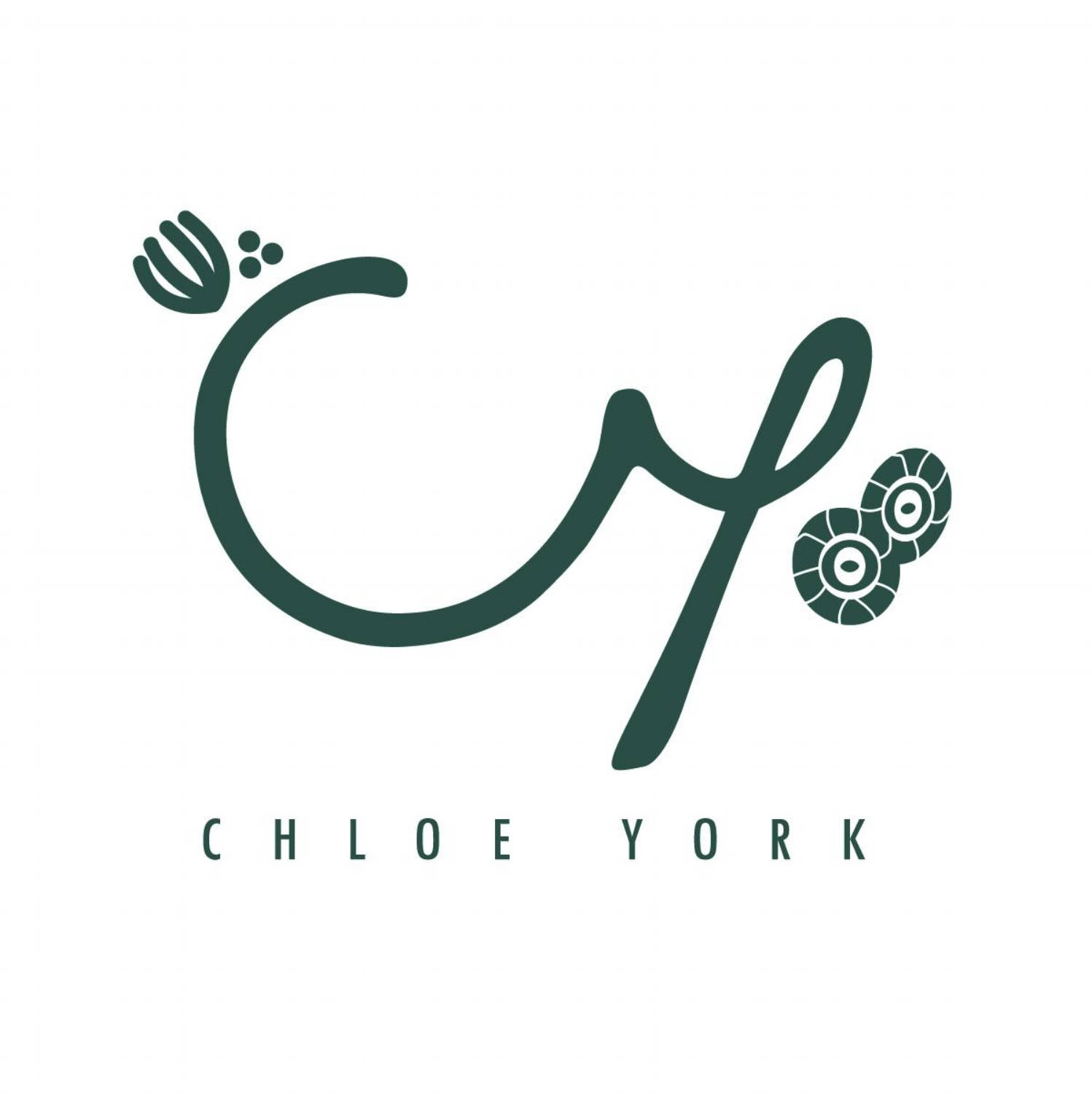You’ve finished your first draft. Congratulations! Take a moment to celebrate. You’ve written a book!! That’s no easy feat. But before you dive in to revise your beautiful story...
DON’T!
Before you even think about revising, take at least a week away from your manuscript. Two if you can manage. This will allow you to approach the narrative with fresh eyes when you do your first read-through. Plus, you deserve a break!
When you do your first read-through, don’t pay attention to things like sentence structure, pretty prose or punctuation. Only look at your plot. Pretend you’re reading a book written by someone else. Does the narrative flow well? Are there any moments that drag or bore you? Are you conveying the info you need to without getting info-dumpy? Are you getting a clear understanding of your MC’s internal voice and reactions? Does every scene have a clear goal and purpose?
Keep a sheet of paper and a pen handy or a separate doc to make a checklist of your intended changes.
Keep in mind you’re likely to repeat this process several times and that’s NORMAL. Go easy on yourself and never be afraid to cut scenes that just aren’t working. You can copy and paste them in a “deleted scenes” doc and use them for something else later.
When you feel like you’ve nailed the narrative down as much as you can, find a trusted critique partner and ask for feedback and again, only for plot. The pretty prose and grammar stuff can wait. I can’t tell you how much another set of eyes has helped my projects shine. Be sure to ask your partner questions like: -is the main character relatable? -is their goal clear? -is the plot engaging throughout? -are there any scenes that drag or seem unnecessary? -ask some specific questions tailored to your narrative too.
When it comes to applying feedback, it’s okay not to use every suggestion. At the end of the day, this is your story. Take what resonates and leave the rest.
After you can’t possibly think of anything else you’d do differently with the narrative, you’re ready for line edits! This is the time to focus on your sentence structure, voice, and overall flow. Try reading passages aloud and look out for anything too wordy, choppy, or unnecessarily descriptive or overlong.
-look out for an abundance of adverb usage -cut out or find synonyms for overused words -avoid passive voice -remove any redundant or unnecessary words. “Really” or “very,” “started” or “began,” dialogue tags when you don’t need them, etc.
After your prose is concise and pretty, you can do copy edits, the final phase. This is the part where you look for grammar, punctuation, and spelling errors or typos.
With every revision pass, treat yourself to a reward. Your favorite dessert. A glass of wine. A new book. You deserve it!
What are some of your favorite revision practices?Let me know in the comments!

